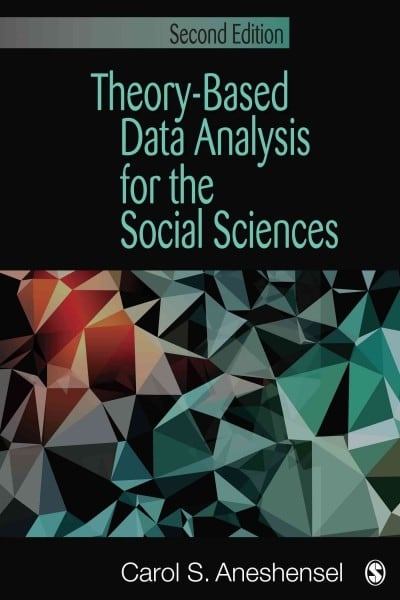Question
You are working with a team of colleagues to decide whether to implement a workplace happiness program in your retail stores to make the employees
You are working with a team of colleagues to decide whether to implement a workplace happiness program in your retail stores to make the employees feel more positively towards their work, with the goal of improving sales.
Colleague A says:
"We have decades of studies across different types of workplaces telling us that when employees feel more positively about their job, their job performance is better. There is psychology literature suggesting a variety of plausible mechanisms linking positive feelings towards work with improved performance. We should definitely implement our happiness program to increase positive feelings towards work because we know that will improve performance, in this case, sales."
Colleague B says:
"I'm not so sure - even with all of that evidence linking positive feelings towards work to job performance, we can't assume that our happiness policy will have the expected effect of improving sales, because none of the existing evidence relates to a policy like ours. To be sure, we need to do an experiment where we randomly assign our policy to be implemented in some stores and then see what happens to sales."
Which of your colleagues' thinking is more consistent with the potential outcomes perspective for causal inference? In no more than two sentences, give two reasons why the colleague's potential outcomes thinking might be more reliable than the other colleague's thinking.
Step by Step Solution
There are 3 Steps involved in it
Step: 1

Get Instant Access to Expert-Tailored Solutions
See step-by-step solutions with expert insights and AI powered tools for academic success
Step: 2

Step: 3

Ace Your Homework with AI
Get the answers you need in no time with our AI-driven, step-by-step assistance
Get Started


